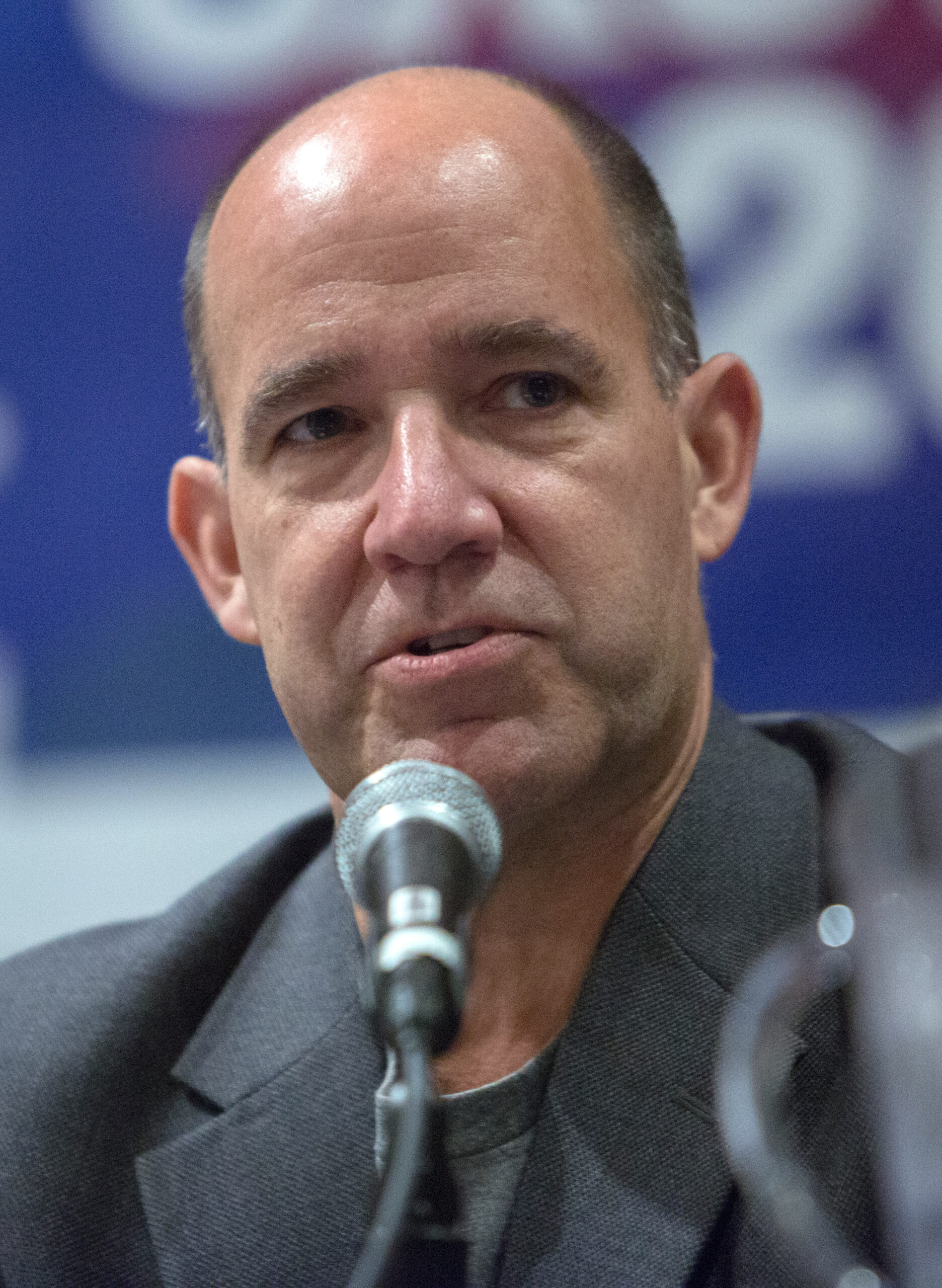Understanding Matthew Dowd: A Prominent Voice in Politics and Media
Matthew Dowd is a name that resonates with many who closely follow political discourse in America. As a seasoned political strategist, commentator, and analyst—especially on platforms like MSNBC—his insights have shaped contemporary political conversations and responses. In this article, we’ll delve into Dowd’s career, influence, and the intriguing intersections of media and politics he navigates.
A Background on Matthew Dowd
Born on May 15, 1961, in Detroit, Michigan, Matthew Dowd’s journey into the political arena began early in his career. He earned a degree in political science from Villanova University, which laid the foundation for his eventual roles as a political consultant and commentator. Dowd achieved notable recognition as the chief strategist for George W. Bush’s 2004 presidential campaign, where he played a pivotal role in successfully optimizing campaign strategies and voter outreach. His ability to connect with voters and tailor messages for diverse groups became a hallmark of his approach.
Transition to Media: Matthew Dowd on MSNBC
In recent years, Dowd has transitioned from the political battlefield to become a regular voice on MSNBC. His perspectives are sought after in various programs, especially during election seasons, where his analytical skills shine. Dowd’s commentary often emphasizes the importance of empathy and understanding in contemporary politics. He leverages his experiences from the campaign trail to inform viewers about electoral dynamics, voter behavior, and the overarching political landscape.
The Role of Political Commentary in the Digital Age
As a political analyst, Dowd illustrates the significant role media plays in shaping public perception and understanding of political issues. In an era where information can be disseminated rapidly via social media, his ability to analyze and communicate complex political information clearly is invaluable. Dowd often addresses how misinformation and rapid shifts in public opinion can influence political outcomes, discussing the implications such factors have on democratic processes.
Key Ideologies and Perspectives
Dowd’s philosophies extend beyond mere political strategy; they encompass a commitment to fostering a more understanding and engaged electorate. He often underscores the need for political leaders to move beyond divisive rhetoric, urging them to focus on unity and shared objectives. This perspective is particularly crucial during election cycles, where the potential for polarization is heightened. Through his commentary, Dowd advocates for a new kind of politics that prioritizes collaboration over conflict.
Matthew Dowd’s Influence on Voter Engagement
One of the most significant aspects of Dowd’s work is his focus on voter engagement. Understanding that a well-informed electorate is essential for a functioning democracy, he frequently speaks out on the necessity of increasing voter participation. Dowd champions grassroots movements and technology’s role in mobilizing voters, making political engagement more accessible than ever. It’s this grassroots engagement that has the power to reshape political landscapes, particularly among younger voters who may feel disillusioned with mainstream politics.
Challenges and Critiques of Political Commentary
Despite his substantial contributions, like any public figure, Dowd has faced his share of critiques. Some question the effectiveness of political commentary and its impact on real-world outcomes. They suggest that, in a heavily polarized environment, opinions can reinforce existing biases rather than bridge divides. Dowd counters these critiques by emphasizing the importance of continuing the conversation and fostering understanding, even amidst polarizing views. His commitment to presenting nuanced perspectives sets him apart in a field often characterized by soundbites and hyperbole.
The Future of Political Analysis with Matthew Dowd
As we look to the future of political analysis, particularly with the emergence of new platforms and tools for communication, Dowd’s insights will remain vital. The increasing complexity of elections, voter dynamics, and political behavior necessitate informed voices who can navigate these intricacies. Dowd is at the forefront of this shift, emphasizing empathy and informed discourse as means to build a more cohesive understanding of politics.
Conclusion: The Importance of Voices like Matthew Dowd
In conclusion, Matthew Dowd exemplifies the critical intersection of media, politics, and public engagement. His role on platforms like MSNBC enables him to share valuable insights with audiences desiring a deeper understanding of political dynamics. As the political landscape continues to evolve, Dowd’s focus on empathy, engagement, and unity resonates more than ever. He remains a compelling figure to watch for anyone invested in the future of American democracy and political communication.
For more detailed information about Matthew Dowd, feel free to visit Wikipedia.








